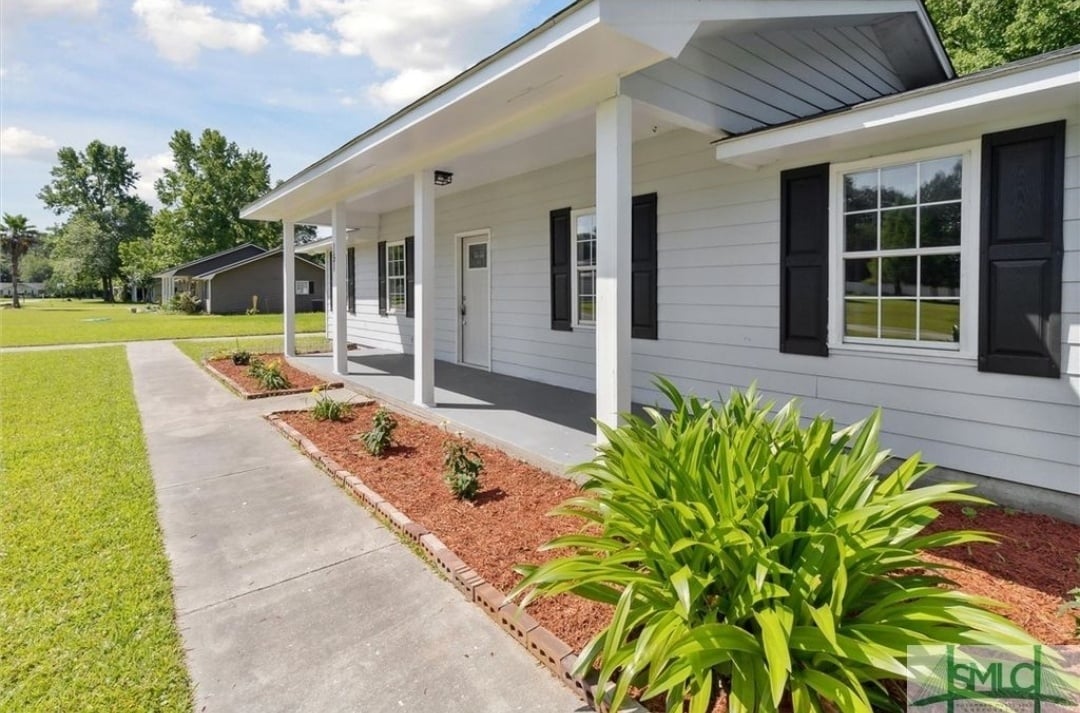Flipping a home can be a lucrative venture if done right. The promise of a significant profit in a short amount of time can be alluring, but it's essential to avoid certain mistakes that can quickly turn a dream investment into a nightmare. In this blog post, we'll explore three common mistakes to avoid when flipping a home, from underestimating renovation costs to ignoring the importance of location. By learning from these mistakes, you'll be better equipped to make informed decisions and increase your chances of success in the competitive world of real estate investing.
Related Blog: How to Successfully Sell a Fix-and-Flip?
Mistake #1: Not Having a Good Plan or Budget
Flipping a home can be a profitable venture, but it's essential to have a well-thought-out plan and budget in place to ensure success. Without a plan, it's easy to lose sight of the needed renovations, their cost, and the time required to complete the project. This can lead to unexpected expenses and delays in project completion, ultimately impacting your profitability in the real estate industry.
Moreover, working without a budget makes it hard to estimate the project cost and expected revenue. This can result in running out of money before completion, leading to frustrations and loss of income.
To avoid these mistakes, it's crucial to create a comprehensive plan and budget. This includes setting realistic goals, researching the market, and creating a detailed plan with timelines, materials, and labor required to complete the renovations. Market research helps you gather information about properties in demand, their locations, and the prevailing market prices, which can help you budget for renovation expenses and estimate your profit margin.
Mistake #2: Not Hiring Professional Help or Hiring Poor Quality Contractors or Subcontractors
Hiring professional help is crucial for laying the foundation of your flipping project. Failing to do so can result in costly mistakes that eat into your profits or make it difficult to sell the property. Inexperienced or subpar contractors or subcontractors can lead to errors that increase renovation costs and cause delays, impacting your market timing. It's essential to prioritize hiring experienced contractors who can help you identify, plan, and execute the required renovations with precision and quality.
In addition, it's advisable to contact and hire experienced real estate agents who can provide valuable insights into market research, property identification, advertisement, and financing advice. These professionals can help you make informed decisions and ensure that you are maximizing your profits while minimizing risks.
Mistake #3: Not Planning for Unforeseen Circumstances
Planning for unforeseen circumstances prepares you for your flipping project. When you fail to plan for these circumstances, such as material delays, bad weather, or additional repairs, you may not have a budget to meet the additional costs.
The unavailability of funds to cover the contingencies may force you to overlook some repairs or use inferior products that lower the value of the home. You can avoid these challenges by including contingency expenses when budgeting for your fix and flip project.
That way, you can pay for the holding costs in case of project delays or work on additional repairs without seeking extra funds.
In conclusion, flipping a home can be a rewarding investment opportunity if approached with careful planning and execution. If you're looking to finance your fix and flip project, consider inquiring with SkyBeam Capital about their fix and flip loans. They offer flexible financing options to help you make the most of your investment.





.webp?width=851&height=771&name=Location%20Guide%20Cover2%20(1).webp)

